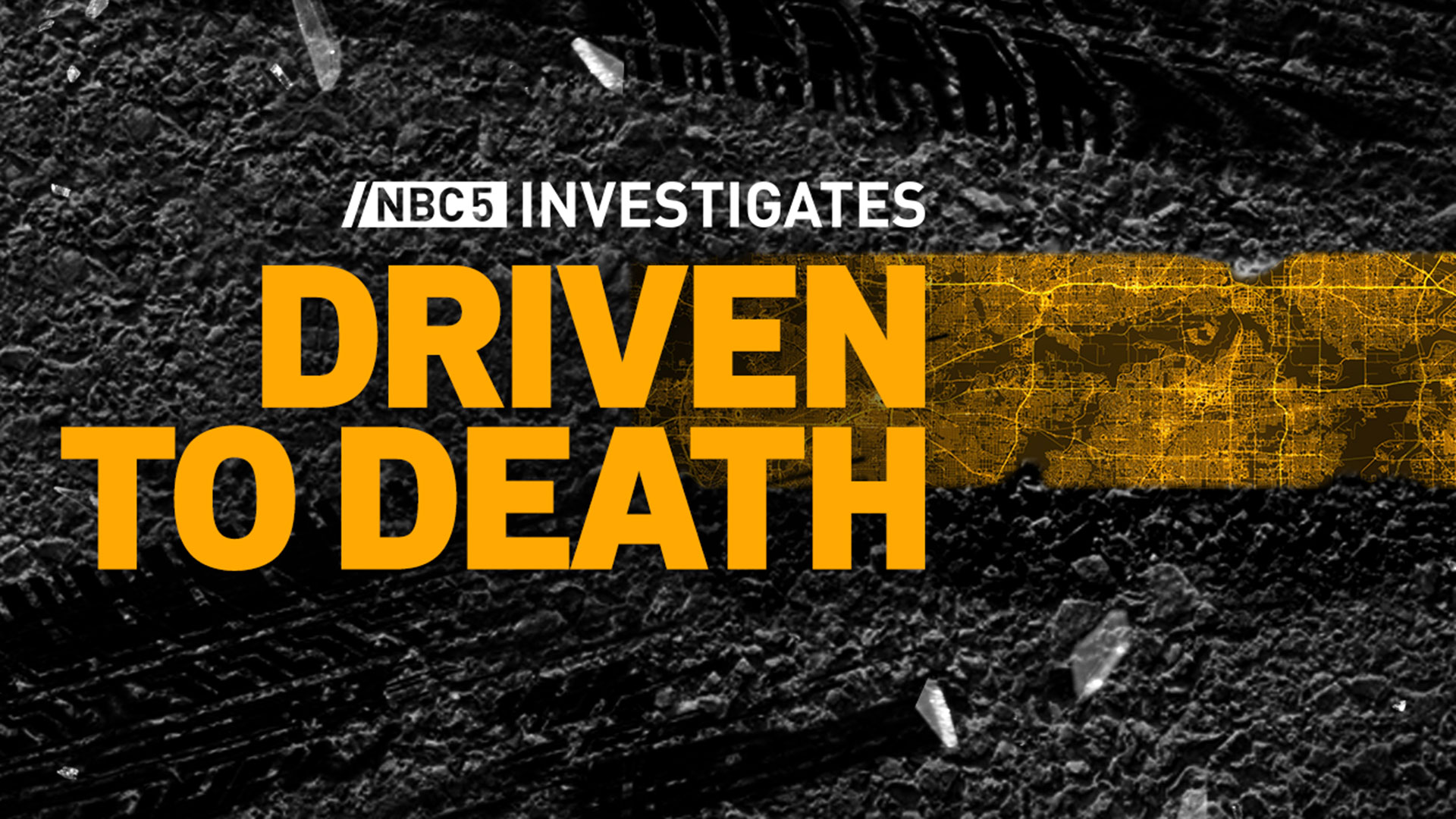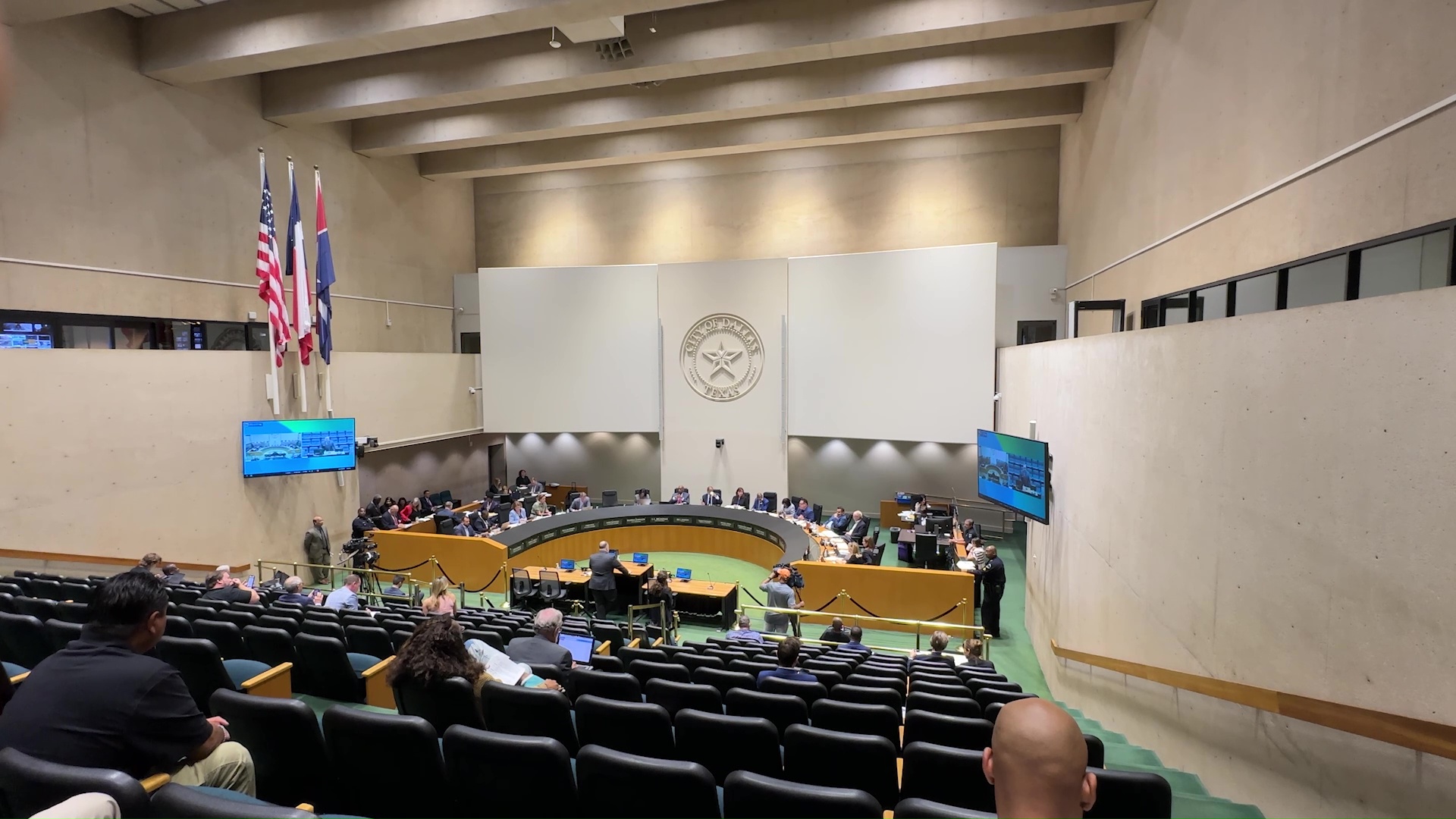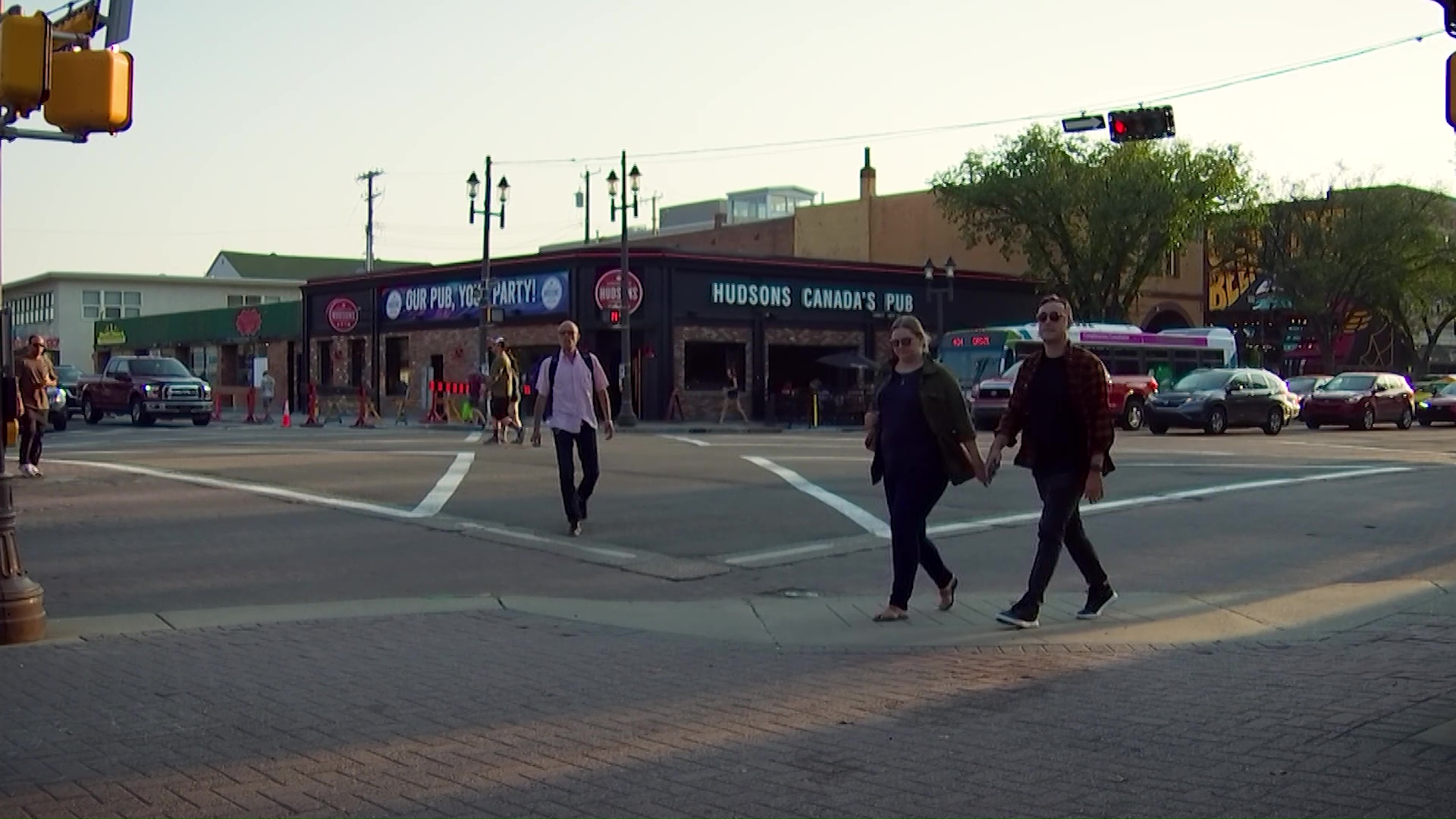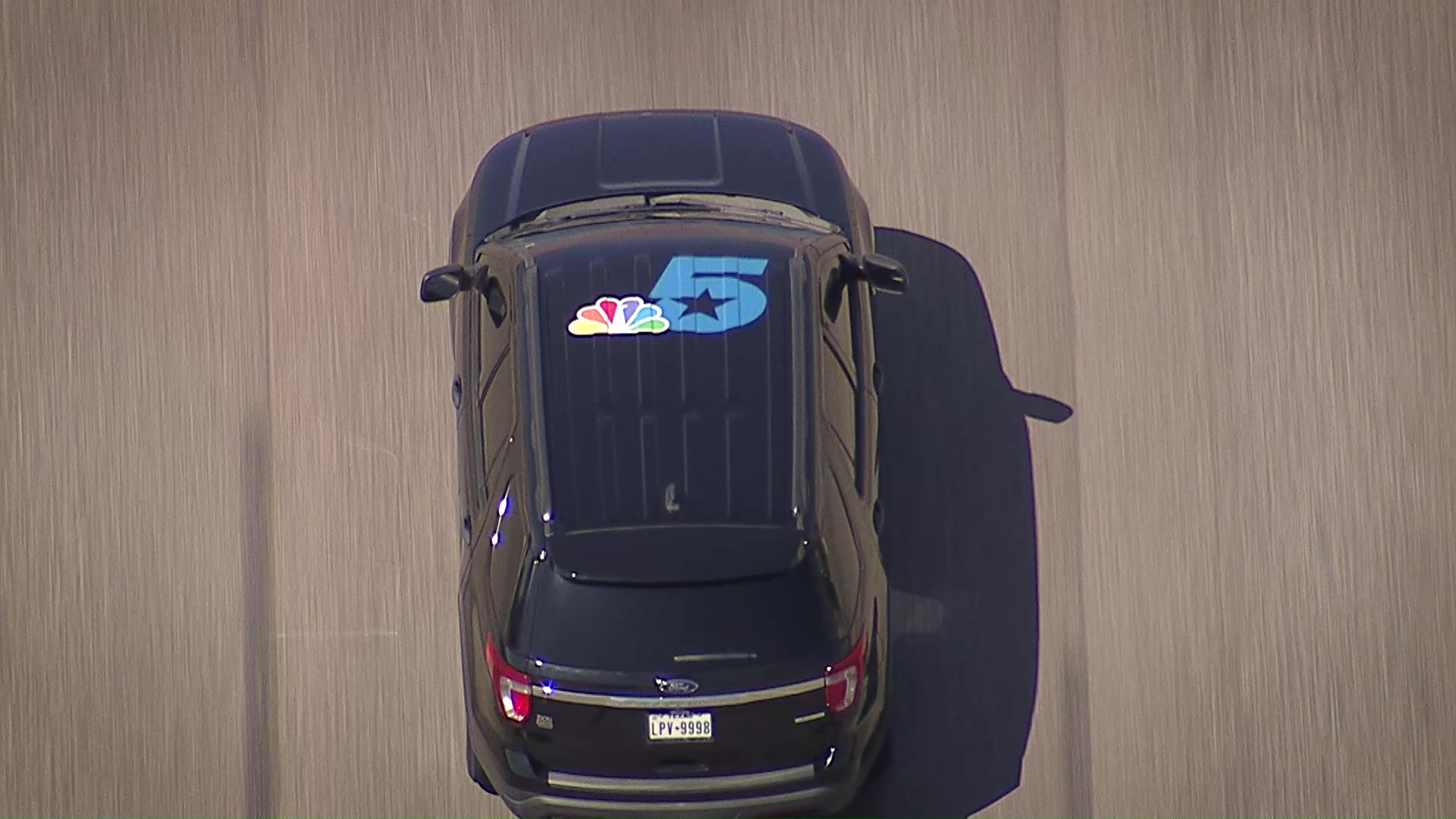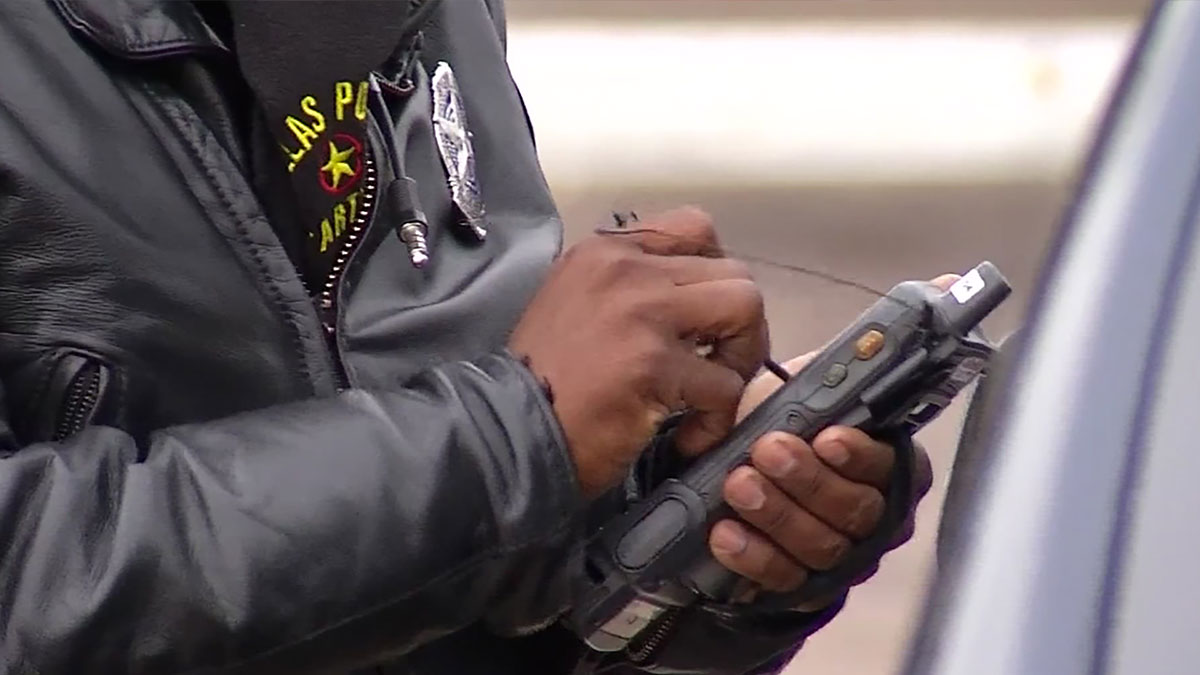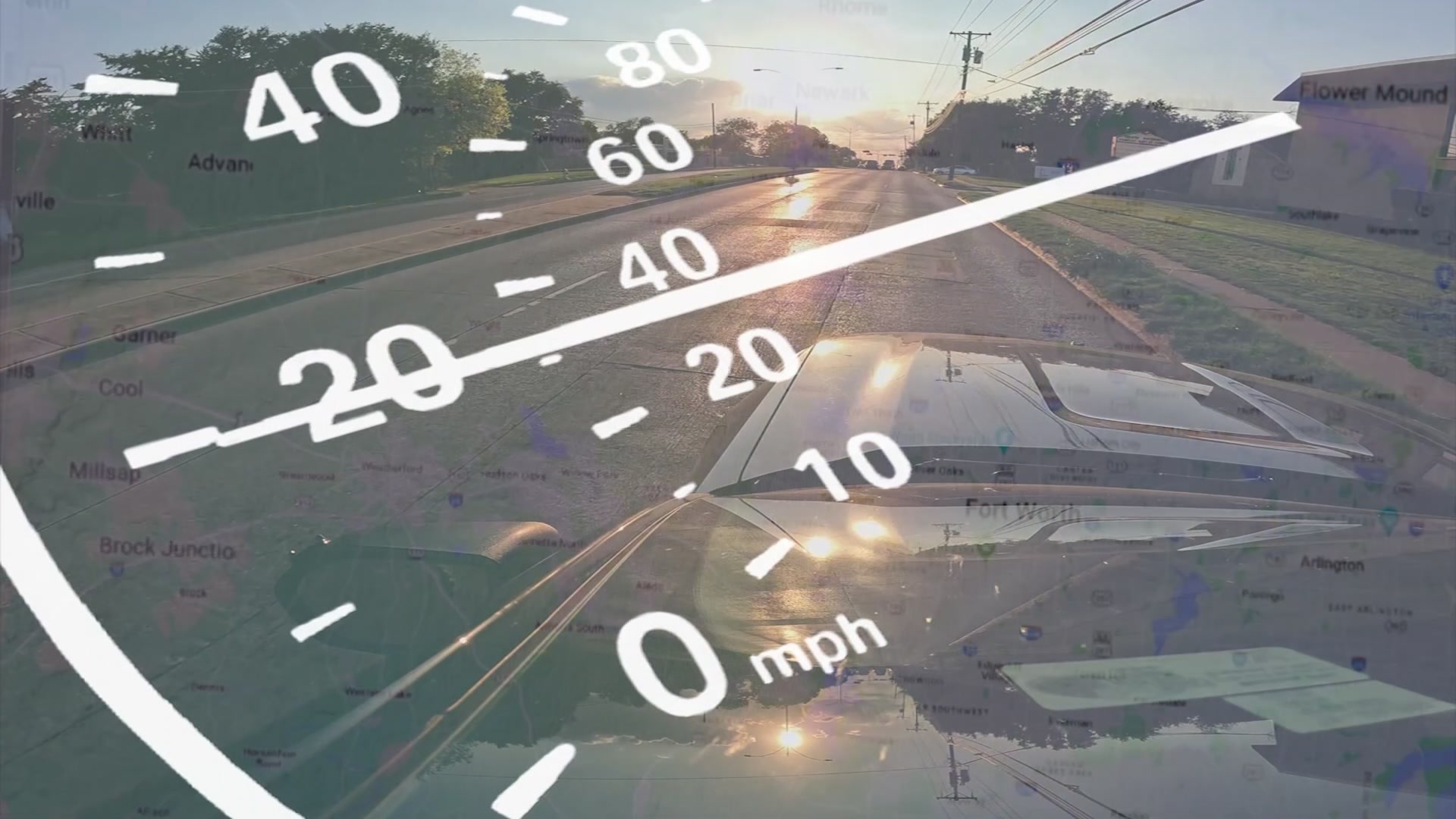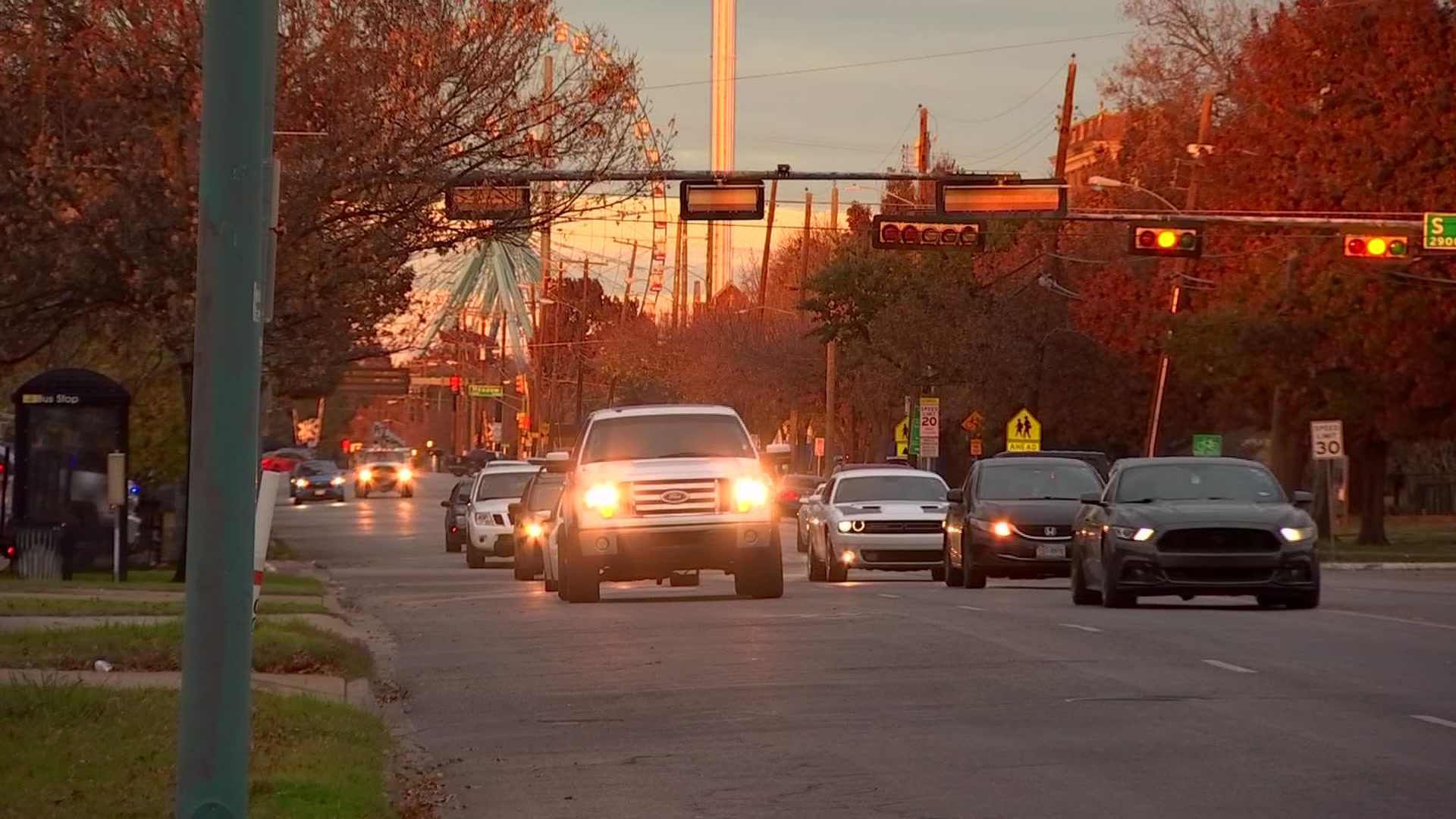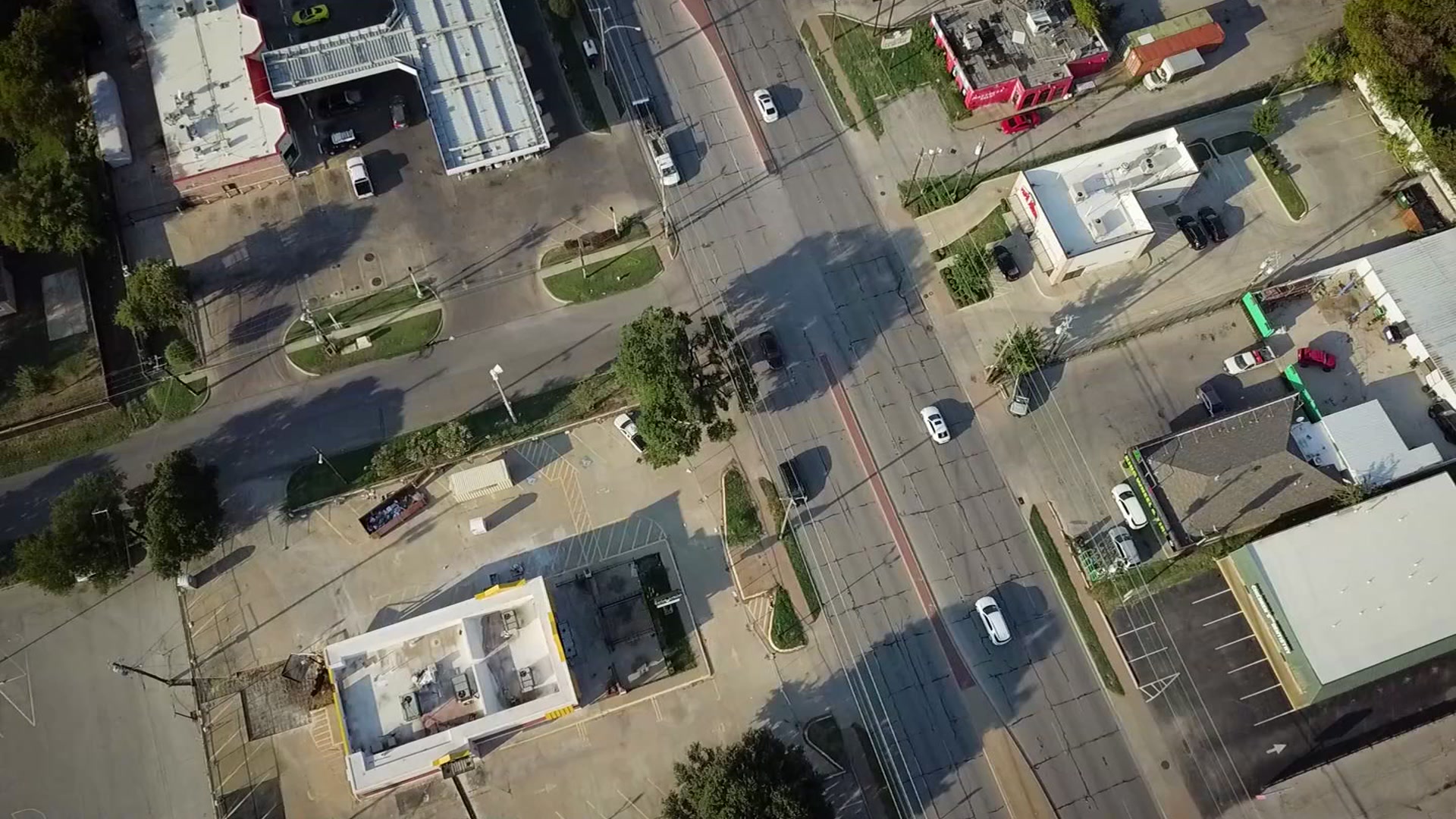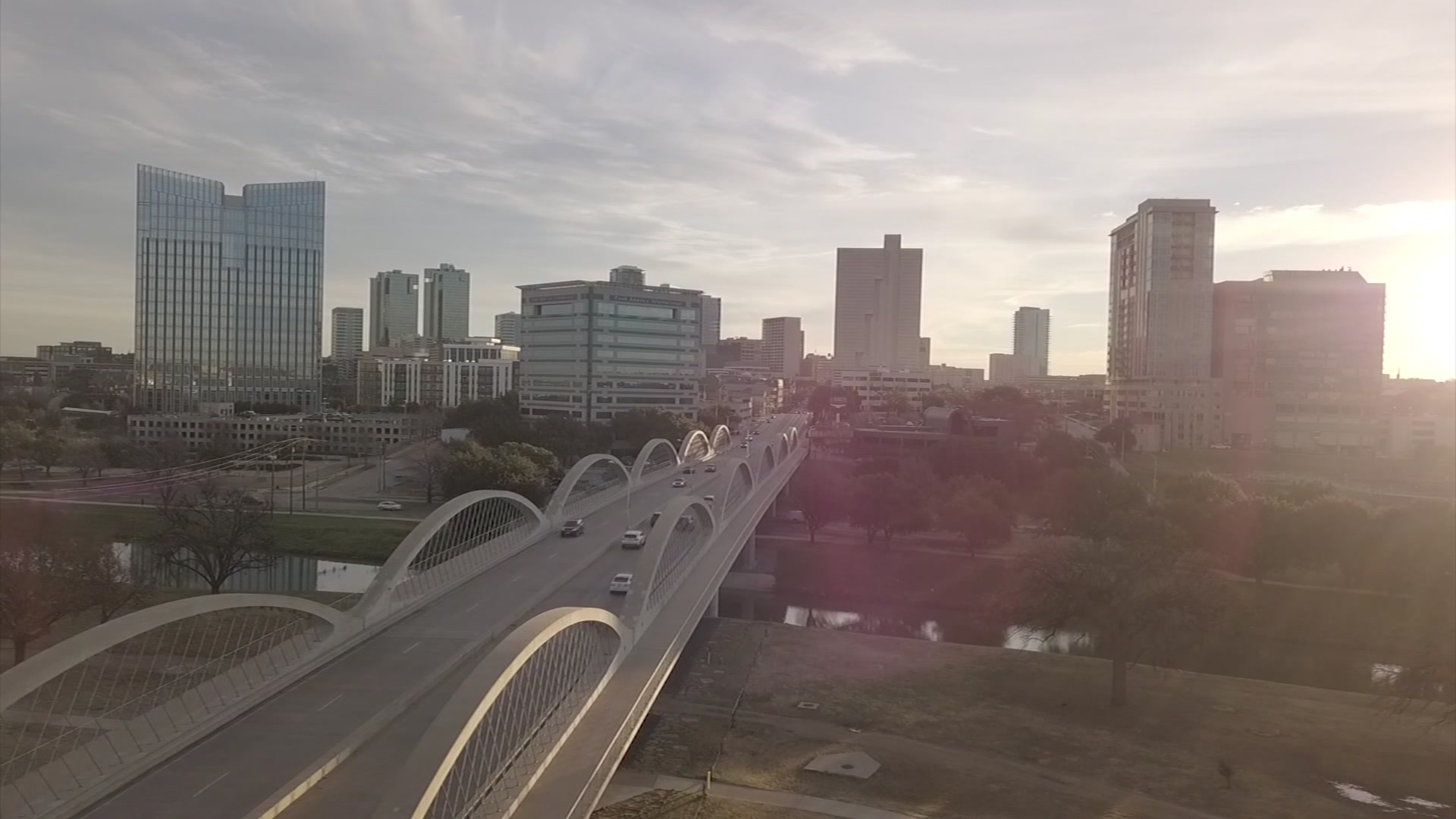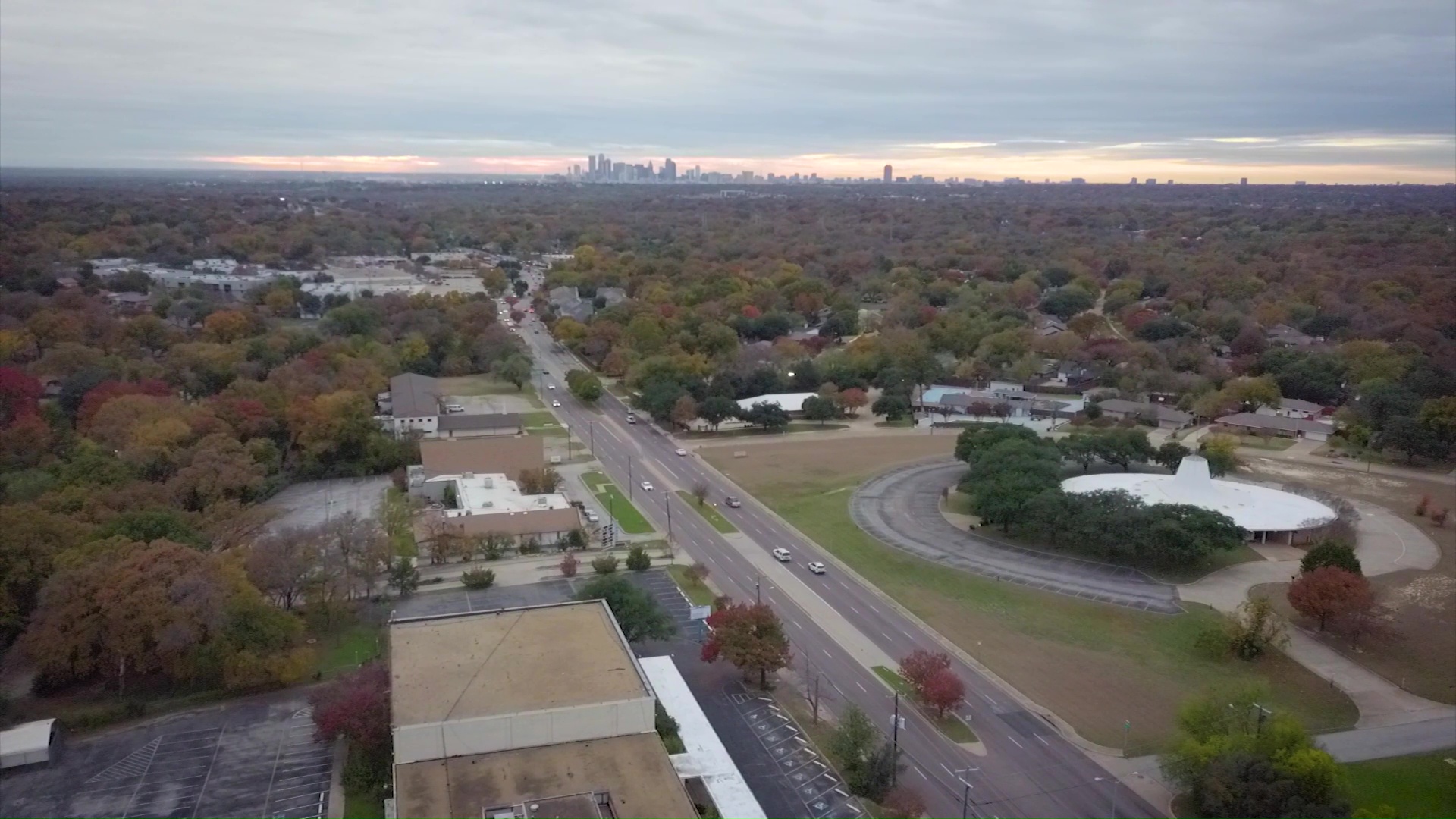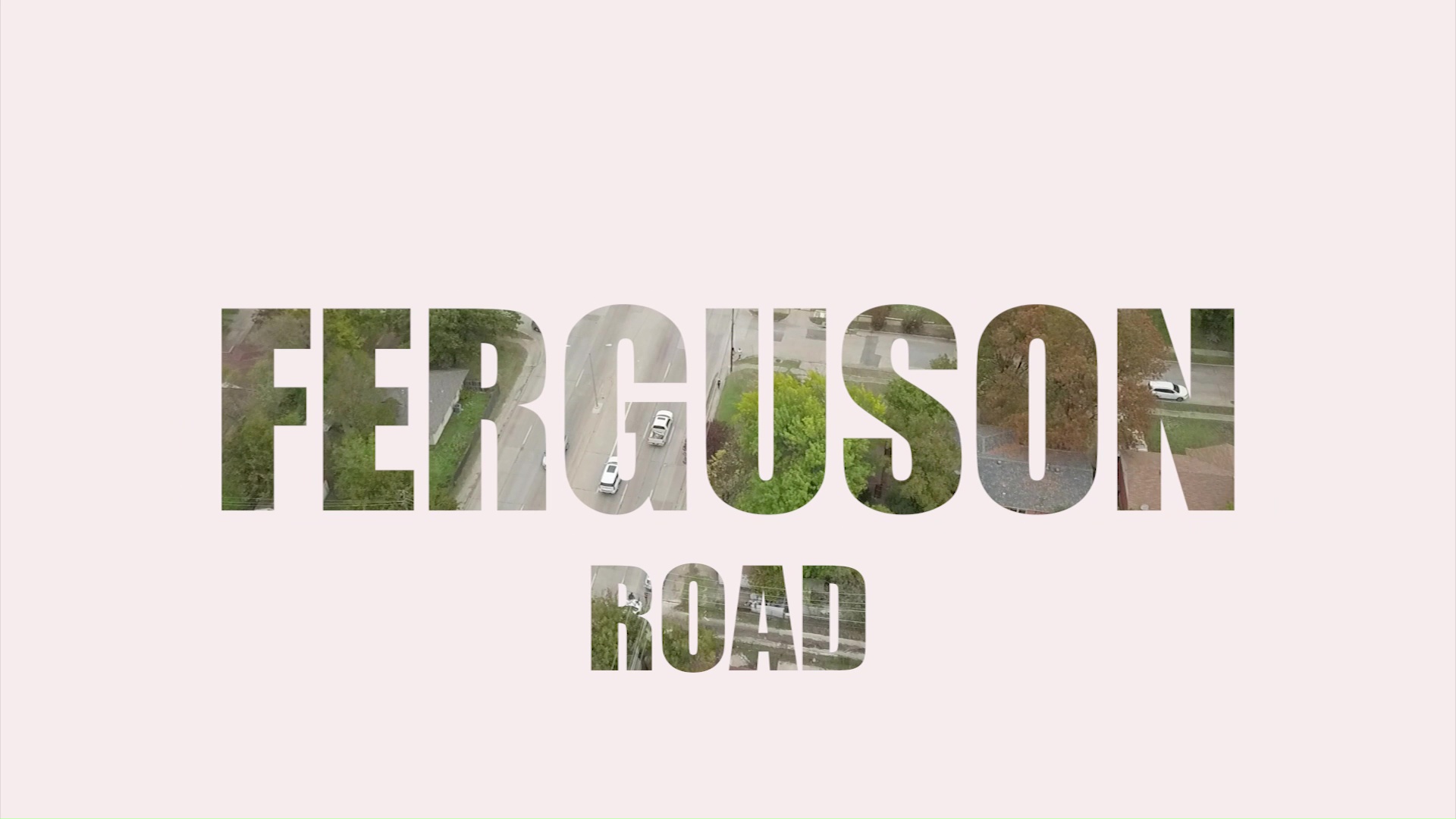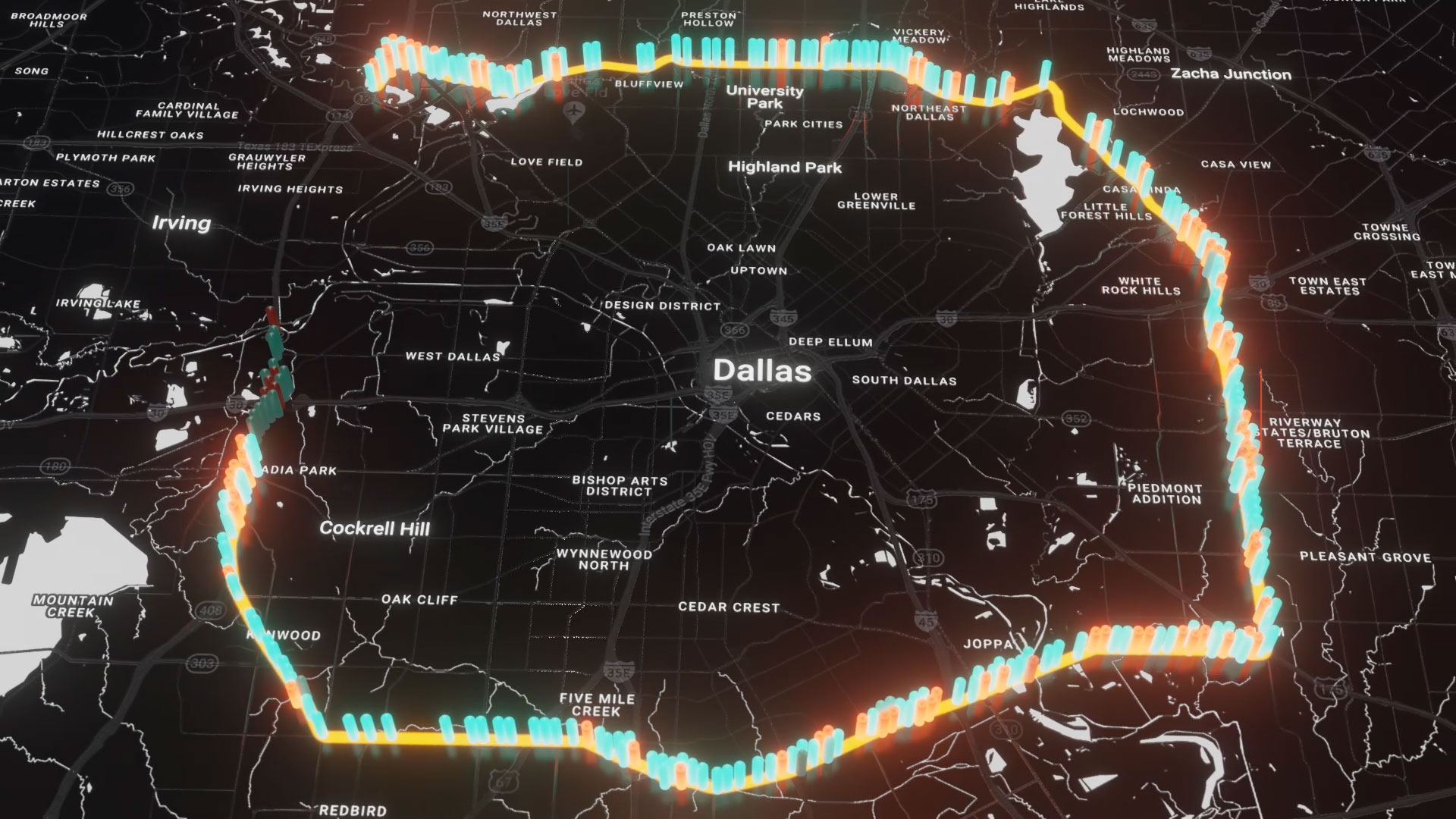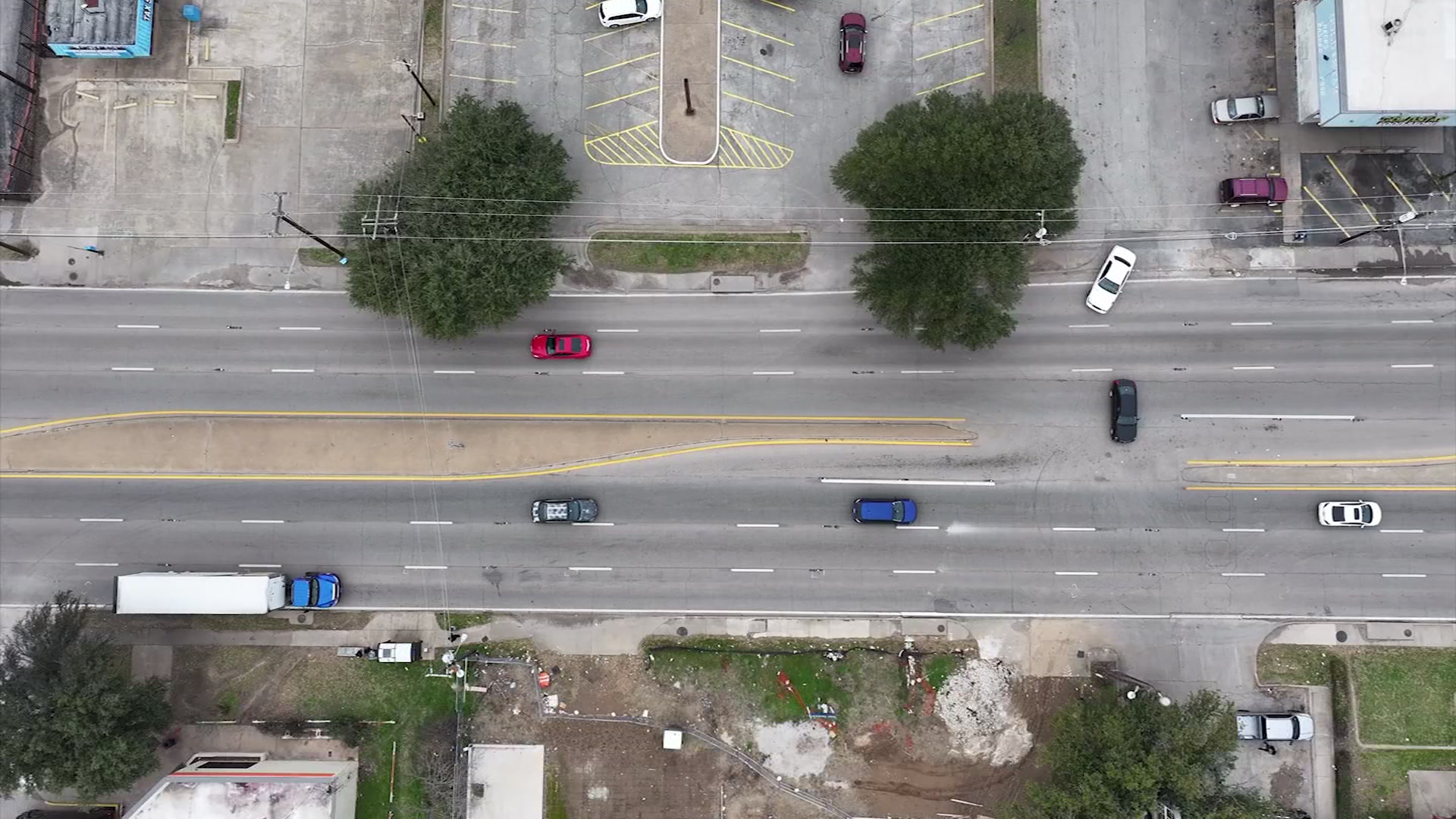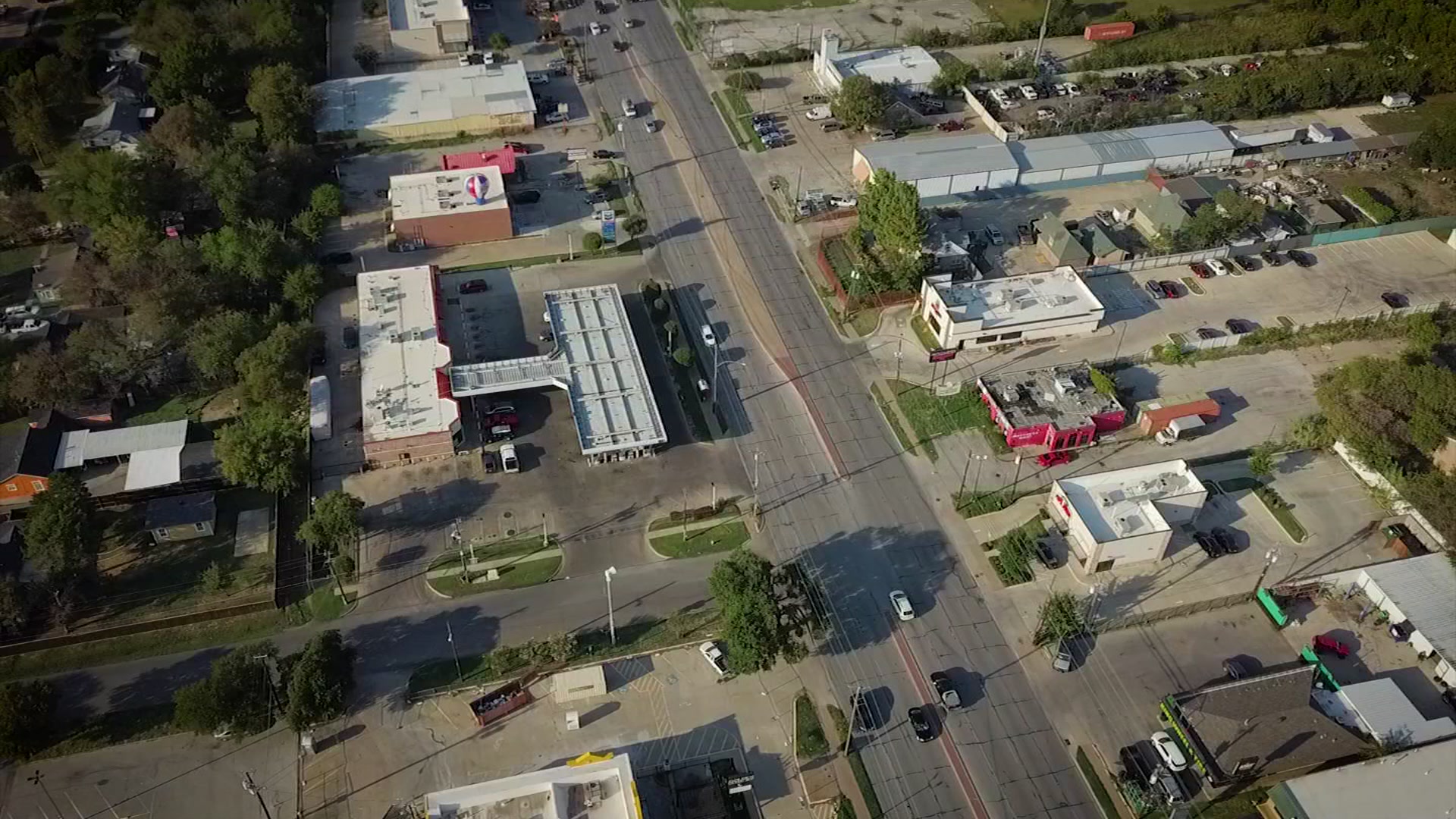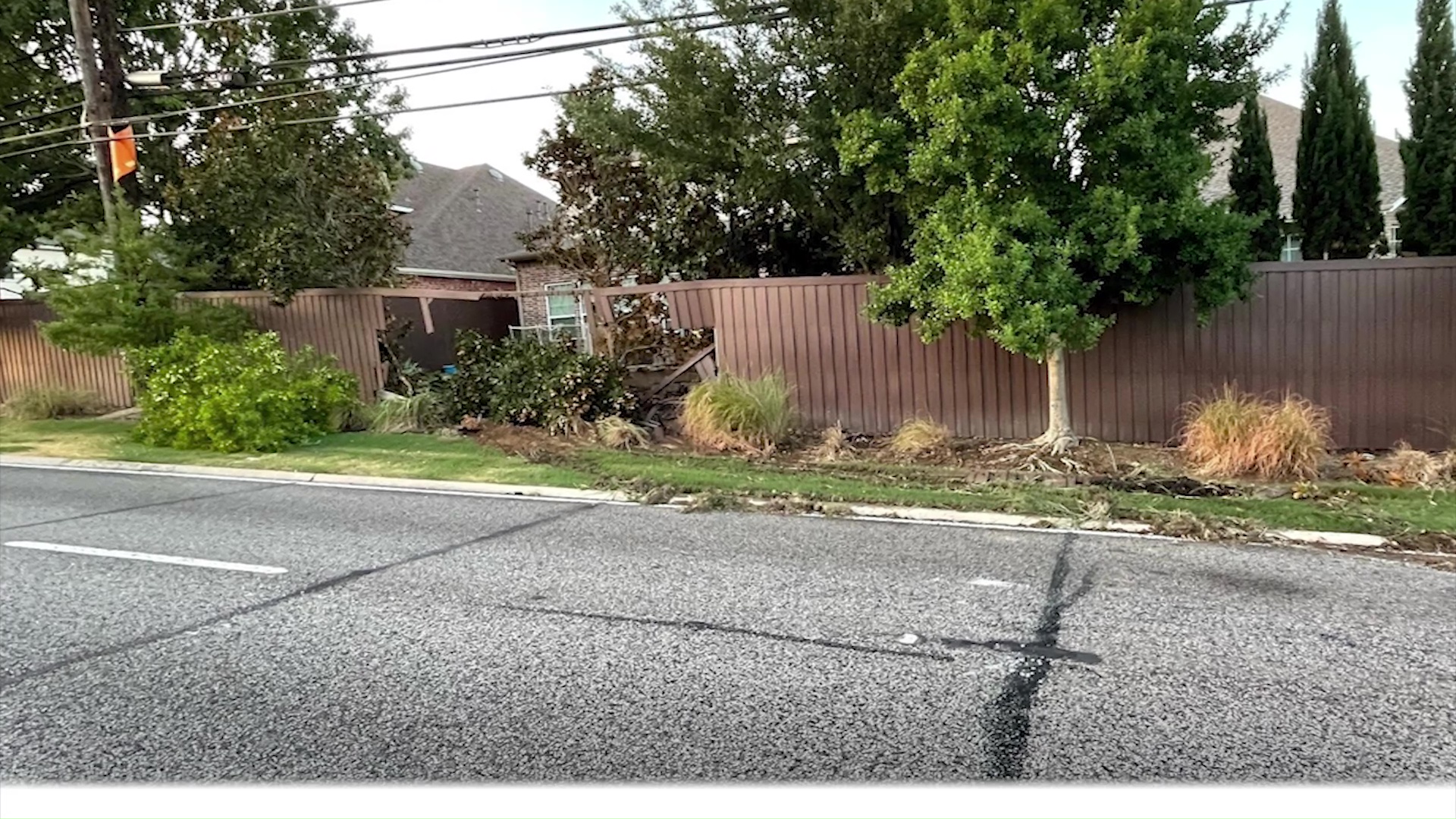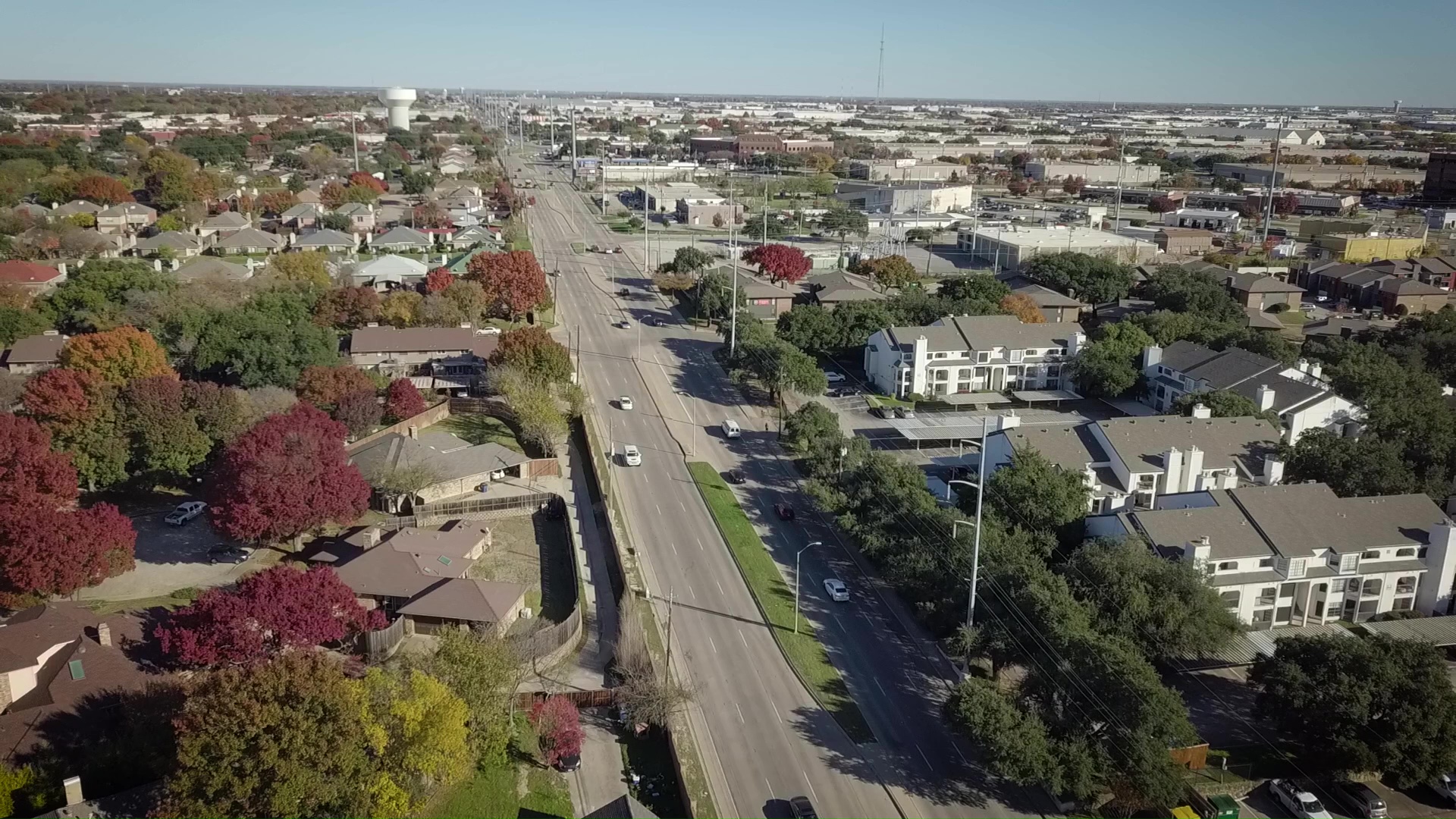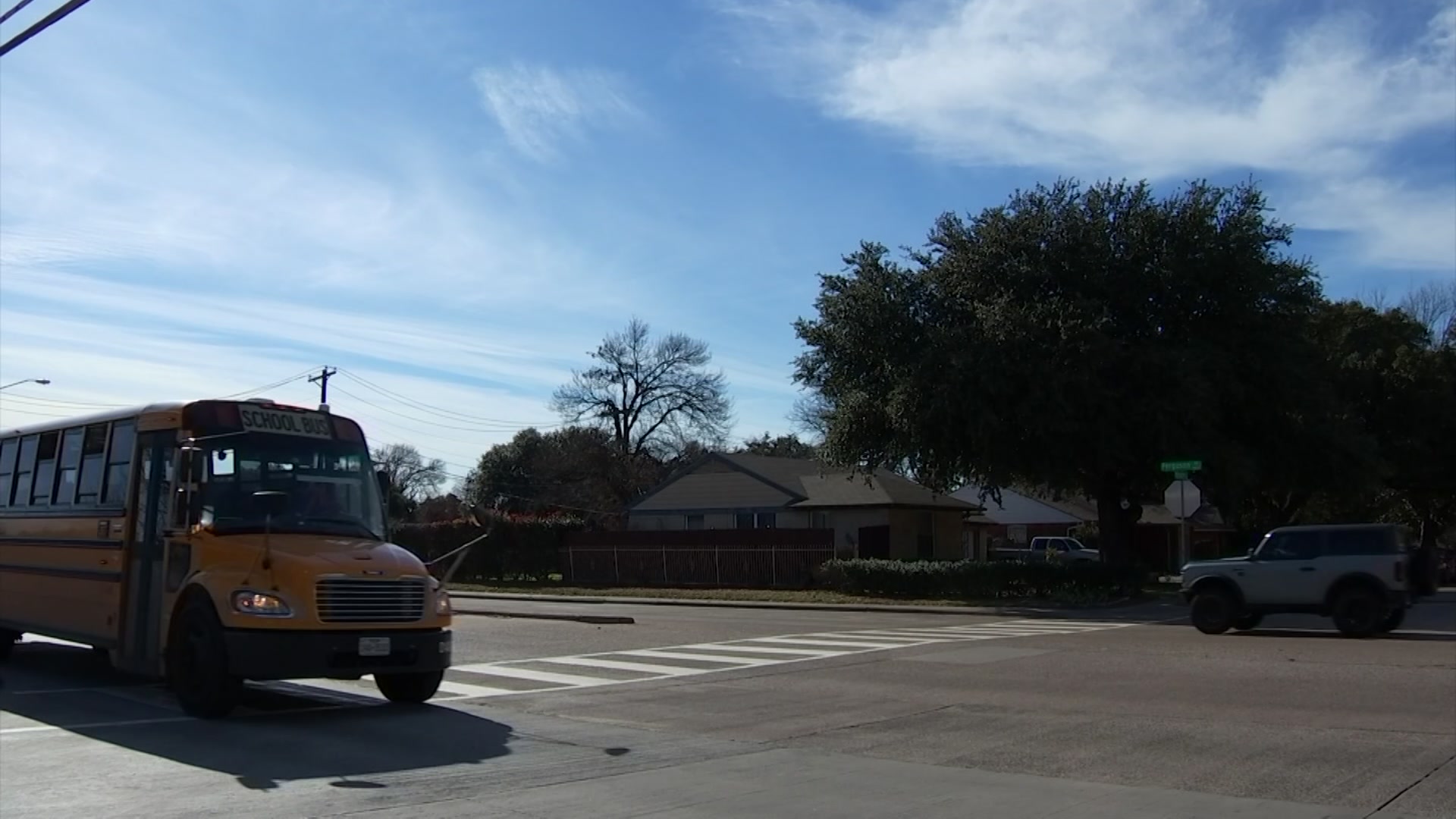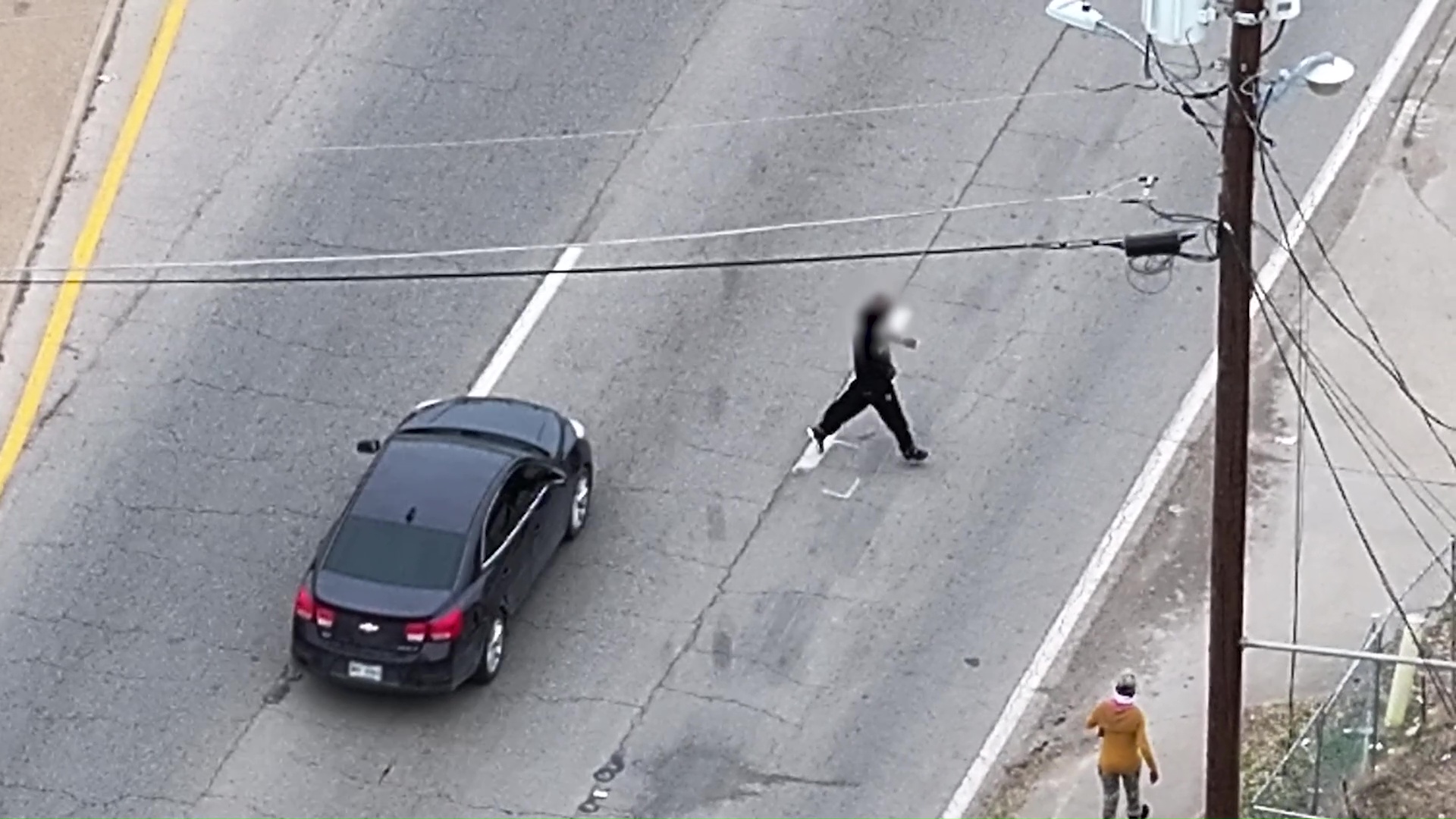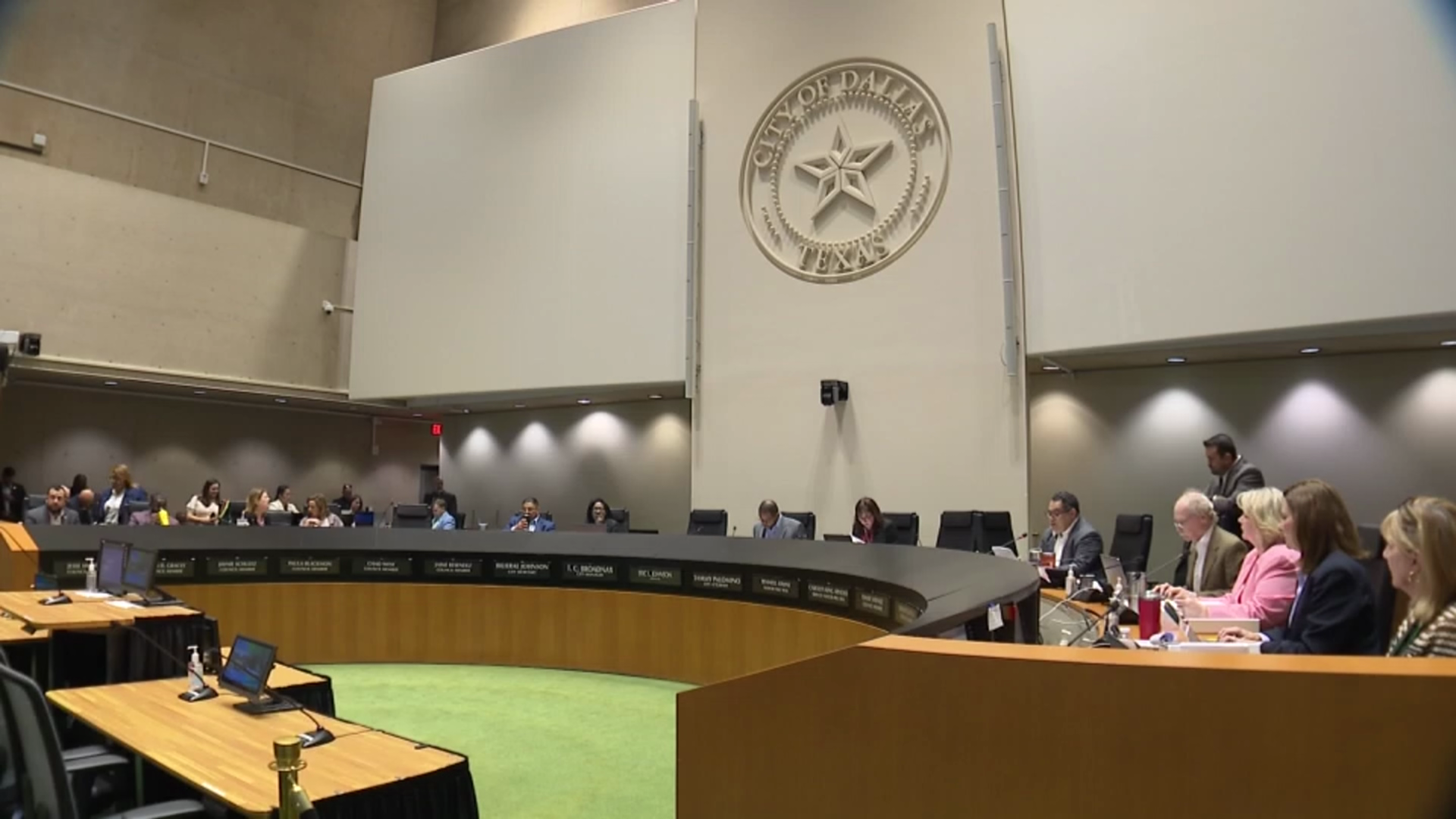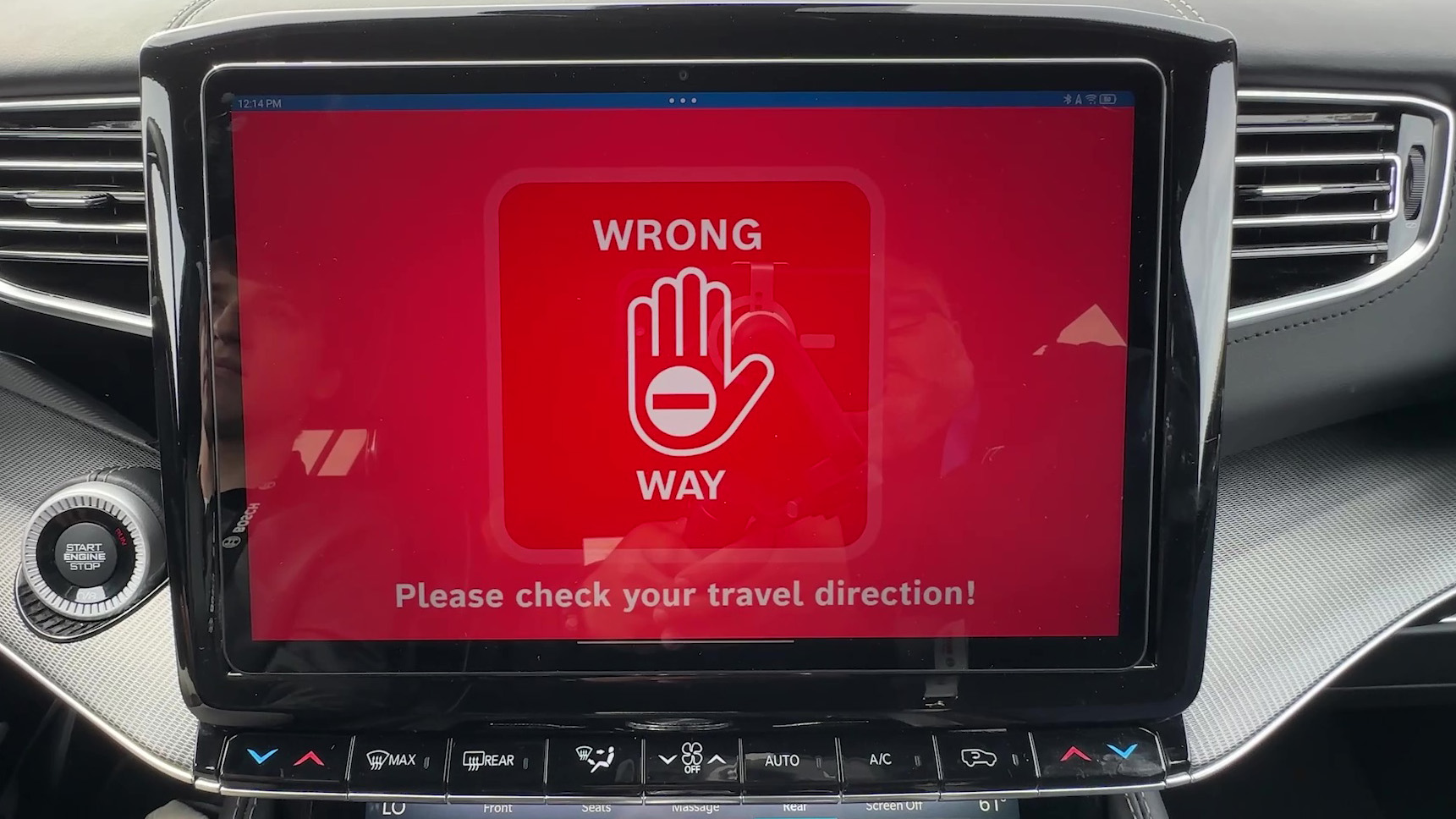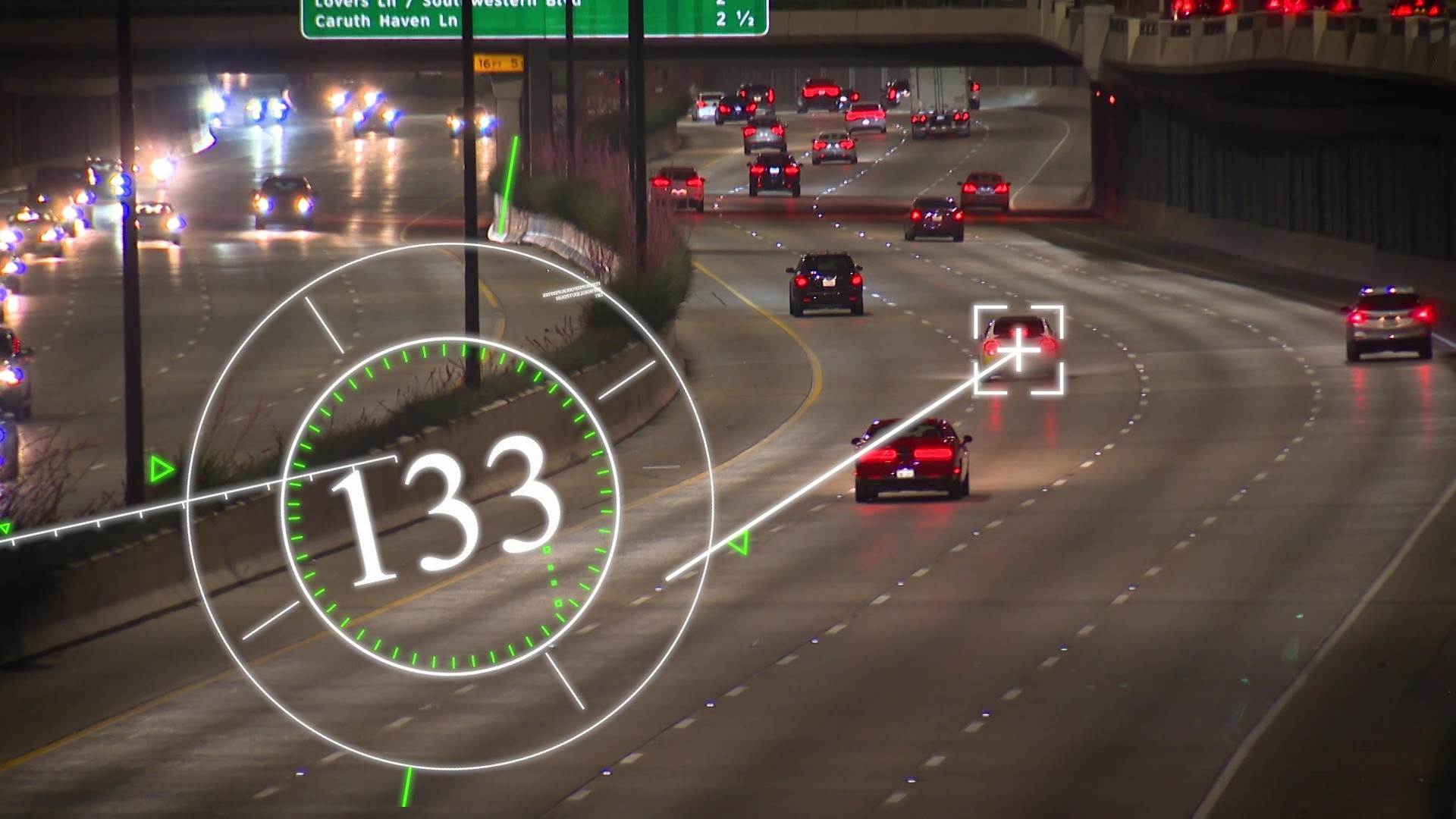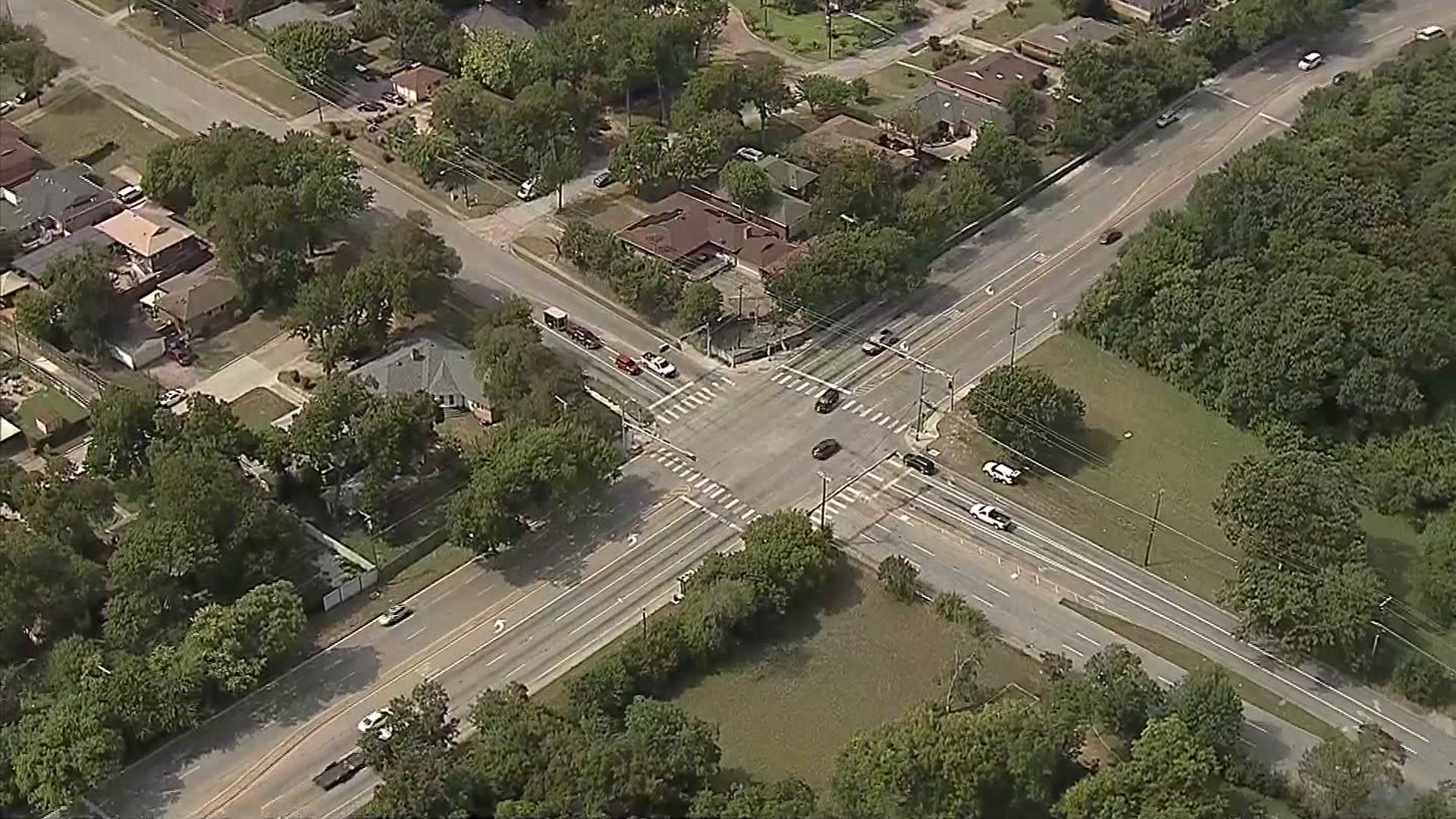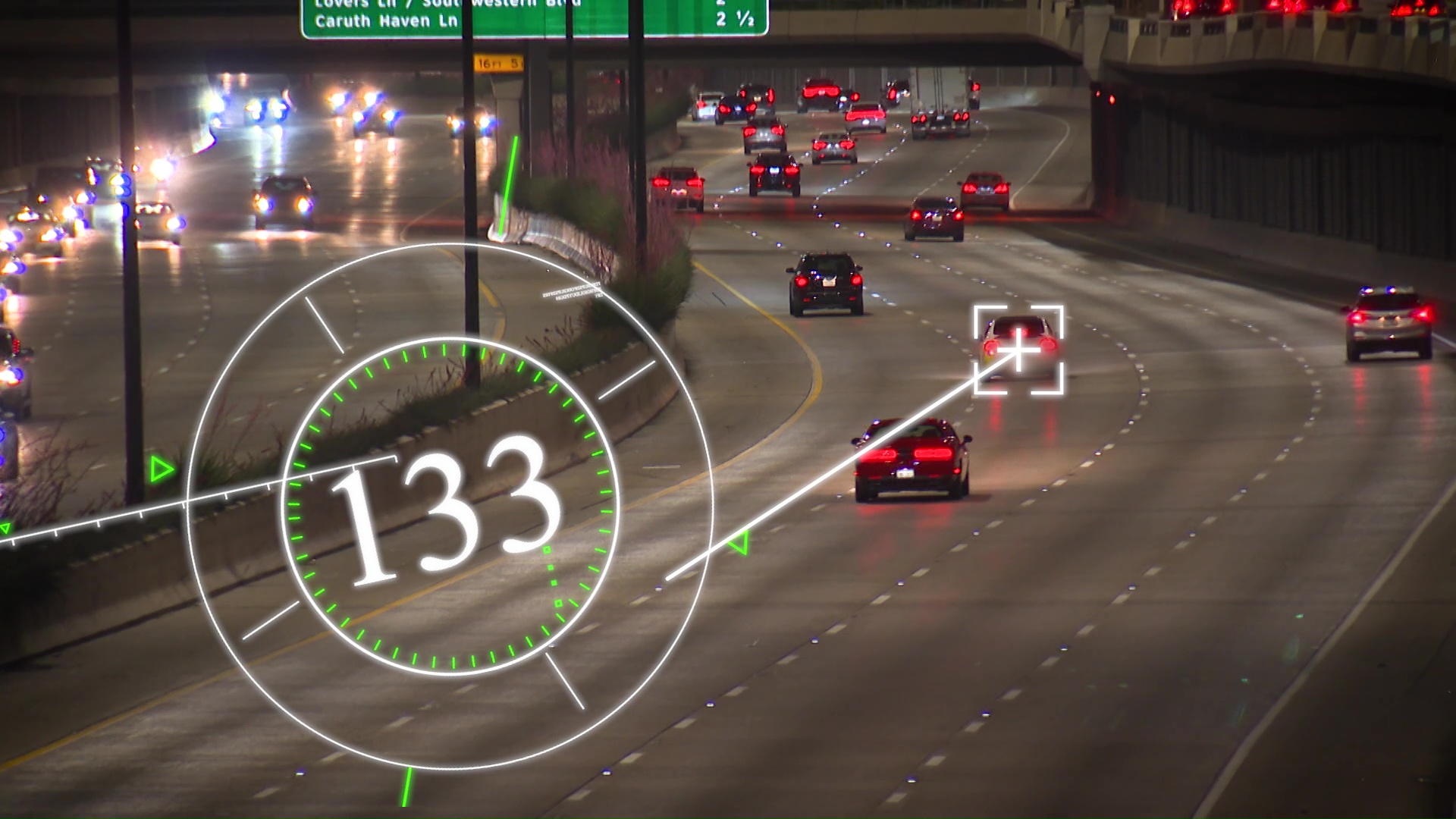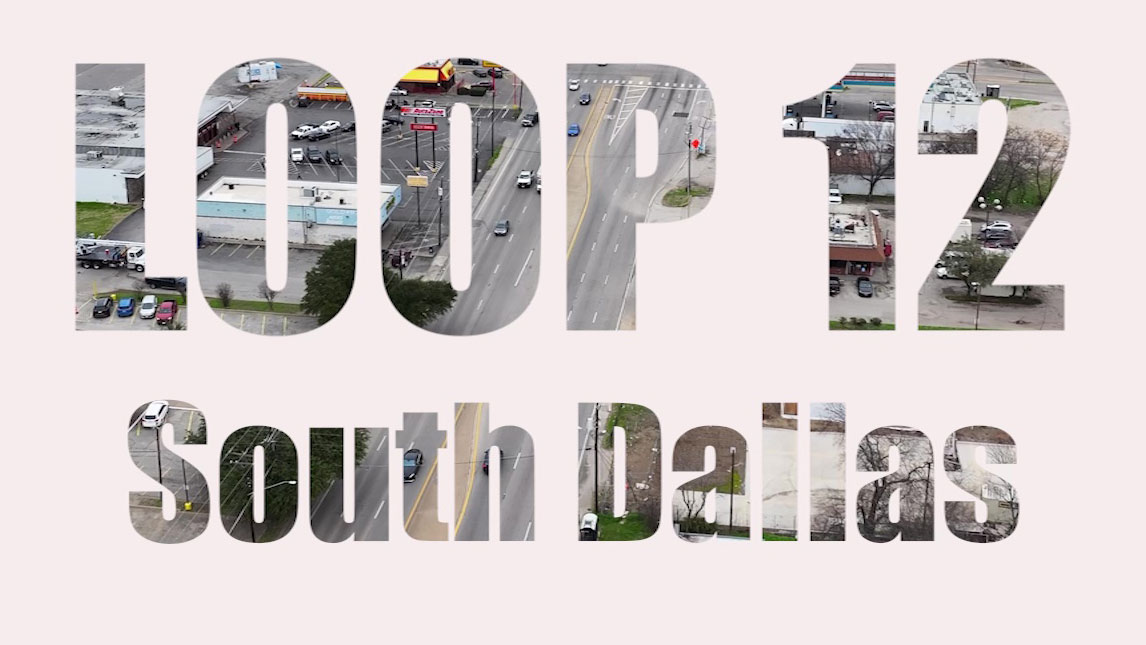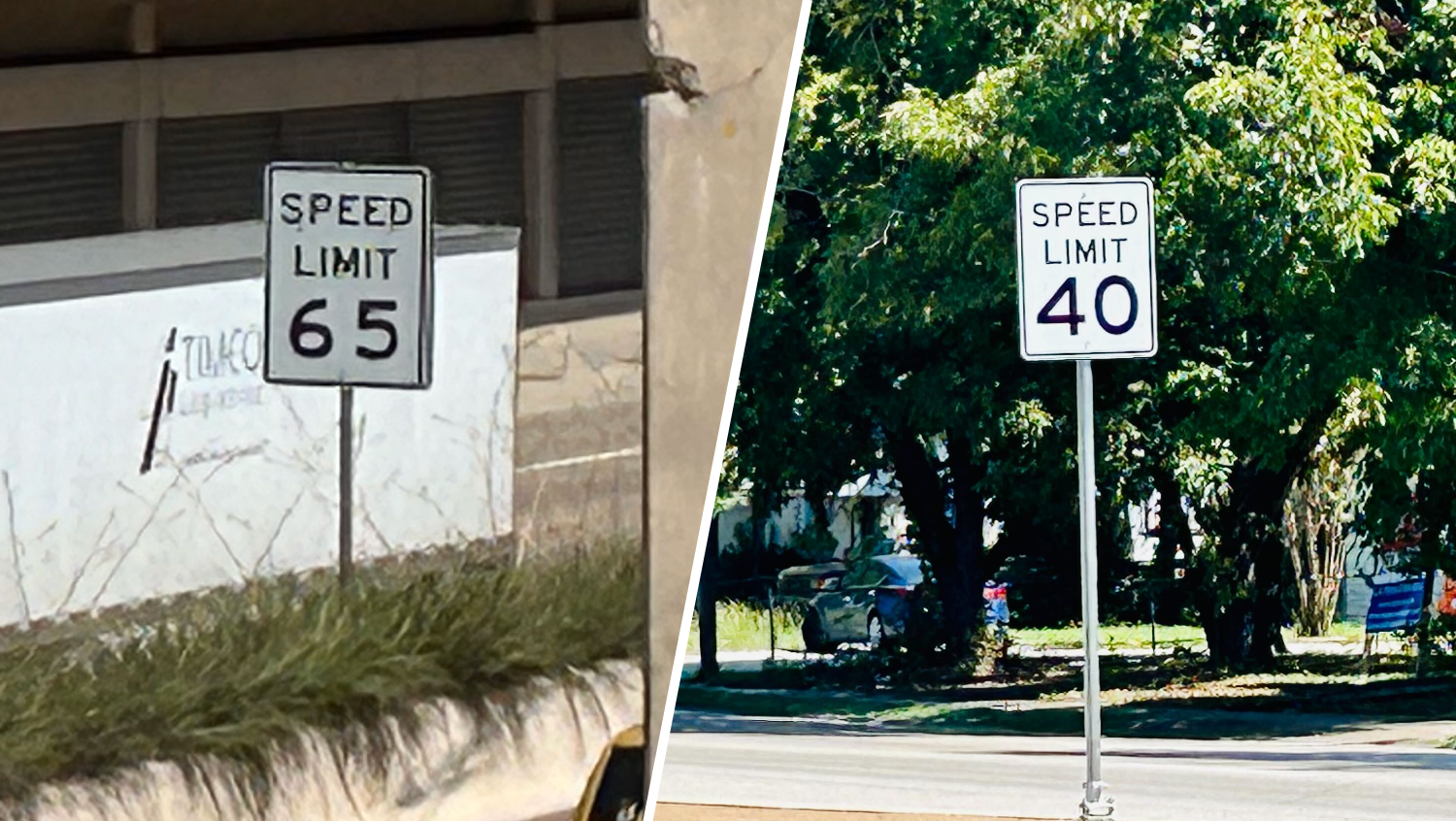Throughout our Driven to Death series of reports on speeding drivers, viewers have wondered what's happened to speed enforcement on busy Dallas freeways. NBC 5 Investigates has discovered data confirming there's been a dramatic drop in the number of tickets issued by deputies tasked with patrolling some of Dallas County's busiest highways.
On a recent weeknight, NBC 5 Investigates used a LiDAR gun and a retired law enforcement officer, to clock drivers on Stemmons Freeway. In our speed check, drivers often hit 90 mph, while some even topped the triple digits. One motorcycle rider near Interstate 35E and Marsalis was clocked at 142.
With speeds that high in a county with a population of more than 2.6 million people, it's easy to think that Dallas County Sheriff's Department deputies could write more tickets than ever. However, Dallas County ticket data uncovered by NBC 5 Investigates showed the opposite -- a 65% decline in the number of tickets written over the last five years.
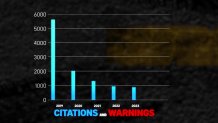
Get top local stories in DFW delivered to you every morning. >Sign up for NBC DFW's News Headlines newsletter.
In 2019, the records showed the Dallas County Sheriff's Department issued over 5,600 speeding tickets and 200 warnings. In 2023, the deputies issued only about 1,900 tickets, and warnings were down to 150.
NBC 5 Investigates asked Dallas County Sheriff Marian Brown what she'd tell drivers who wonder about the level of enforcement after seeing other drivers flouting the speed limit.
"I would say to them, it's out there," Brown said. "It's not to the degree that they would want."
Brown told NBC 5 Investigates that the number of tickets issued declined because deputies made fewer stops during the COVID-19 pandemic. Since then, the numbers have not come back up, and Brown said that's because deputies assigned to patrol the county's freeways also have to respond to calls in parts of the county where they provide police services. That duty, the sheriff said, leaves less time for deputies to enforce speeds on the highways.

"We're out there, but we're having to measure out what we have in terms of resources and do what we can do with what we have," Brown said.
Still, NBC 5 Investigates found evidence that the sheriff's department missed opportunities to tap into funding that could have helped increase speed enforcement.
Some deputies now worry that a lack of consistent enforcement has created a vicious cycle. They now spend so much time responding to freeway crashes that they find it difficult to devote time to patrolling for dangerous speeders.

"The more that we're tied up on crashes, the less time that we have to do actual enforcement on the highways, which means the more crashes that we have, which means the less time we have to do enforcement, said Chris Dyer, president of the Dallas County Sheriff's Association, a labor and advocate group representing deputies and sheriff's department employees.
Dyer, who is also a senior sergeant with the Dallas County Sheriff's Department's patrol division and traffic section, agreed that increased enforcement results in fewer crashes.
"Absolutely. The times that we come together and we run specials and enforcement specials, we won't have crashes in those areas for the day," Dyer said. "So it's definitely a cause and effect."

Dyer said it has become difficult to run stepped-up speed enforcement because of staffing challenges and overtime limits.
"We're reducing overtime. We're reducing comp time," Dyer said. "I've had to take one of my deputies and send him home for two weeks because his comp time level is too high and I can't hire anybody to replace him, which means I've got basically one less person on the street every single day."
Some departments apply for state and federal grant money that allows them to pay overtime and assign more officers to speed enforcement. Data from Dallas County showed that the sheriff's department has written only four speeding tickets using grant funding in the last five years.
Brown told NBC 5 Investigates the department has often passed on grant funds because it needs to keep deputies available to deal with calls in the neighborhoods it covers, away from the freeways.

"If we have not been writing the citations and then we asked for a grant and we are given that grant, we have to stop doing what we're doing over here and focus and tell our people this is what you have to do," Brown said. "In doing that ... we are negating some other police service."
The sheriff's association said it was a missed opportunity. They believe grant funding or additional funding from the county budget would help them increase enforcement, reduce dangerous speeds and save more lives on the road.
That would include areas along Stemmons from Wycliff to Empire Central, where there have been five fatal speed-related crashes since January 2023, and along Interstate 30 from Hampton Road to Chalk Hill, where there have been four fatal speed-related crashes since the start of 2023.
"We would be able to put more people out on the highways. We would be able to be proactive," Dyer said. "We could bring these crash numbers down."

More grant money for speed enforcement is about to flow into the area. Michael Morris, transportation director for the North Central Texas Council of Governments, has pledged to pour money into overtime programs to help law enforcement use unmarked vehicles to crack down on excessive speeds that have worsened since the pandemic.
"I'm going to bring as much as I possibly can, as unmarked as I possibly can, to have the residents of the region know we're serious about bad behavior when it comes to driving," Morris said in an interview with NBC 5 Investigates earlier this year.
The question remains whether the Dallas County Sheriff's Department will participate and increase efforts to stop drivers who openly disregard the speed limit.
"I can't speak to the future, but, you know, I would hope that in our evaluation every year of what it is that we do, that we're able to reach a point where we can," Brown said.

If the Dallas County Sheriff's Office doesn't step up speed enforcement, it raises the question of who will? Brown told NBC 5 Investigates her department has also often passed on grants to allow other departments within the county to use the funding to increase patrols on highways running through their cities.
But, under an agreement with the city of Dallas, the sheriff's department has primary responsibility for freeway response on sections of Interstate 45, Interstate 20, I-35E and I-30. And, in the city of Dallas, the police department has only a small traffic unit and limited resources for freeway speed patrols as the department focuses primarily on addressing neighborhood crime.


